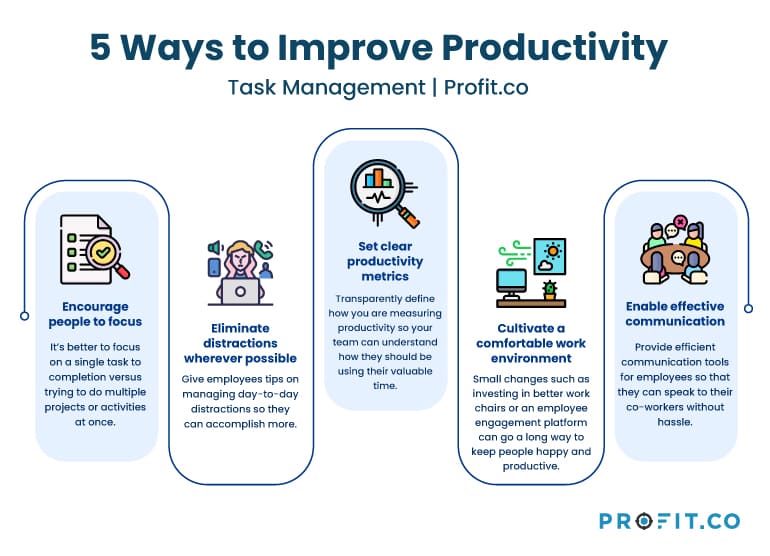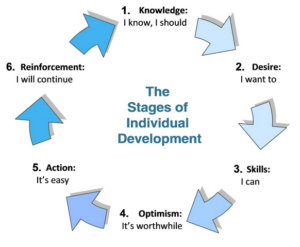 I once had a supervisor who in a mantra-like monotone voice, said at least four times a day – "Time is of the essence". Her quote usually started with the slow shaking of her stubby index finger, followed by "Remember …" or "Remember guys..". Either way I wanted to hit her in the face.
I once had a supervisor who in a mantra-like monotone voice, said at least four times a day – "Time is of the essence". Her quote usually started with the slow shaking of her stubby index finger, followed by "Remember …" or "Remember guys..". Either way I wanted to hit her in the face.
With age I am not only glad that I didn't chance an assault charge but understand why I felt this way and why she said it.
I'll start with the latter part of the last sentence. Most of us know that time is more precious than money because we can't hit the rewind button on history. Money that is lost can be replaced and then some depending on each individual. Once a deadline is missed, everyone who is involved pays one way or the other and eventually, the business suffers. So, yes it is an asset to be able to multi-task and not just work within deadlines but meet and exceed the normal scope of duties.
The last sentence is not meant to scare but in running my own business, I have learned how big a role being organized plays. If I don't map out how I'm going to market or promote, then I am missing out on profits because no one will know my creative abilities but myself and those who know me. I used to think keeping a log of writing resources or my art supplies neat and stocked was a big deal. I was more wrong than wearing leather in the summer!
Earlier this year, I took an online course that was a continuing education course for administrative/executive assistants. In the Law module, there was an ongoing debate about how a defined structure of a business (right down to housekeeping duties) and the employees' understanding and respect of such was key to the likelihood of success. My instructors broke down from many angles how the interruption of an organization or business can lead to failure and huge monetary loss.
Here are a few things I took away that have not only helped me but made punching a clock not as dreaded as it once was.
- Down time. There are still some of us that have more of this than we like to publicly speak of. If this is the case, realize that you are being watched and this will not be forever. Make good on this by doing something constructive around the office. If you are not inclined to do something that may benefit your employer but yourself instead, make sure you do it quietly and it is something that is likely to have tangible results (i.e. going online to check out classes or other resources for a career change/upgrade as opposed to celebrity gossip sites or a friends' MySpace page).
- Communication. If something is concerning you, then go to the source and ask. If your question is a two-parter (or longer), then maybe save for a meeting when all conversation can be documented by one or more supervisors. Be sure that your questions have clarity and do not answer yourself with a question. Do not base your work habits on speculation ('I told them I was taking a cigarette break and got a strange look. Yes, I know lunch is an hour away and I took a 15 minute break a half hour ago'). Though some gossip is good gossip, do not make yourself a part of the "loop" as you will not be seen as one to be trusted or respected.
- Rules/Procedures. These are created for the intention of achieving positive results. There should be a sense of logic as well as productive comfort. When training an employee new duties, this should be explained in the clearest common language with minimal interruptions and changes should be made in writing. Using slang such as "Wing it" or "Do what we can" does not make a good or stable work environment and good planning from go usually prevents this. This is not to say that things will never happen, it just helps to be in focus at the starting gate.
- Politics. My instructors and I had a somewhat heated debate about this. Without saying who was right or wrong, I'll just say that it is present in most workplaces just like the communities we live in. Only because management (or other top brass) may be corrupt, it does not give you a reason to perform poorly on the job. Feeling doomed about your job stability or pessimistic about getting another job soon is normal but does not justify being lackadaisical about any aspect of work. Anybody can just show up.
- Little things. Like pennies, they do add up over time. Use of the internet not related to your job (even for something positive), multi-tasking, keeping discussions to a minimum (if they are necessary at all), taking physical inventory at least once a week and if dissatisfaction about your job is around the corner, look for ways to make a change.
In America's recession, we are all looking to maintaining our comfort level if it means cutting, or eliminating altogether, other areas that may not serve a purpose. Even though it's on a much larger scale, businesses tend to think the same way.





